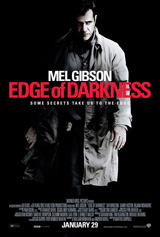You can beg for forgiveness. You can beg for mercy. You can beg for money, especially in these tough economic times. But whatever you do, don’t beg the question. And don’t use “beg the question” incorrectly in your writing, either.
Let me explain: The phrase “beg the question” refers to a logical fallacy in which a writer attempts to prove a claim by restating the claim itself, often in different language. For example, consider this hypothetical argument adapted from a practice prompt I use with my students preparing for the ACT:
Locker checks should not be allowed in high schools because authorities should not search students’ lockers.
In this (again, hypothetical) thesis, I haven’t offered a reason for my argument—what I call the “because clause”—but rather simply restated my stand, that locker checks should not be allowed. Avoid begging the question in your rhetorical writing.
Also avoid using the phrase “beg the question” incorrectly. Much too often, it is used in lieu of “raise the question”:
School administrators are determined to institute mandatory weekly locker checks, which begs raises the question, what right do they have?
Really, begging the question should be avoided at all costs, both as a rhetorical device and as a phrase in your writing, and at least one website is dedicated to ending BTQ abuse.
Resource
Hacker, Diana, The Bedford Handbook for Writers, 3rd ed. Boston: St. Martin’s Press: 1991.







